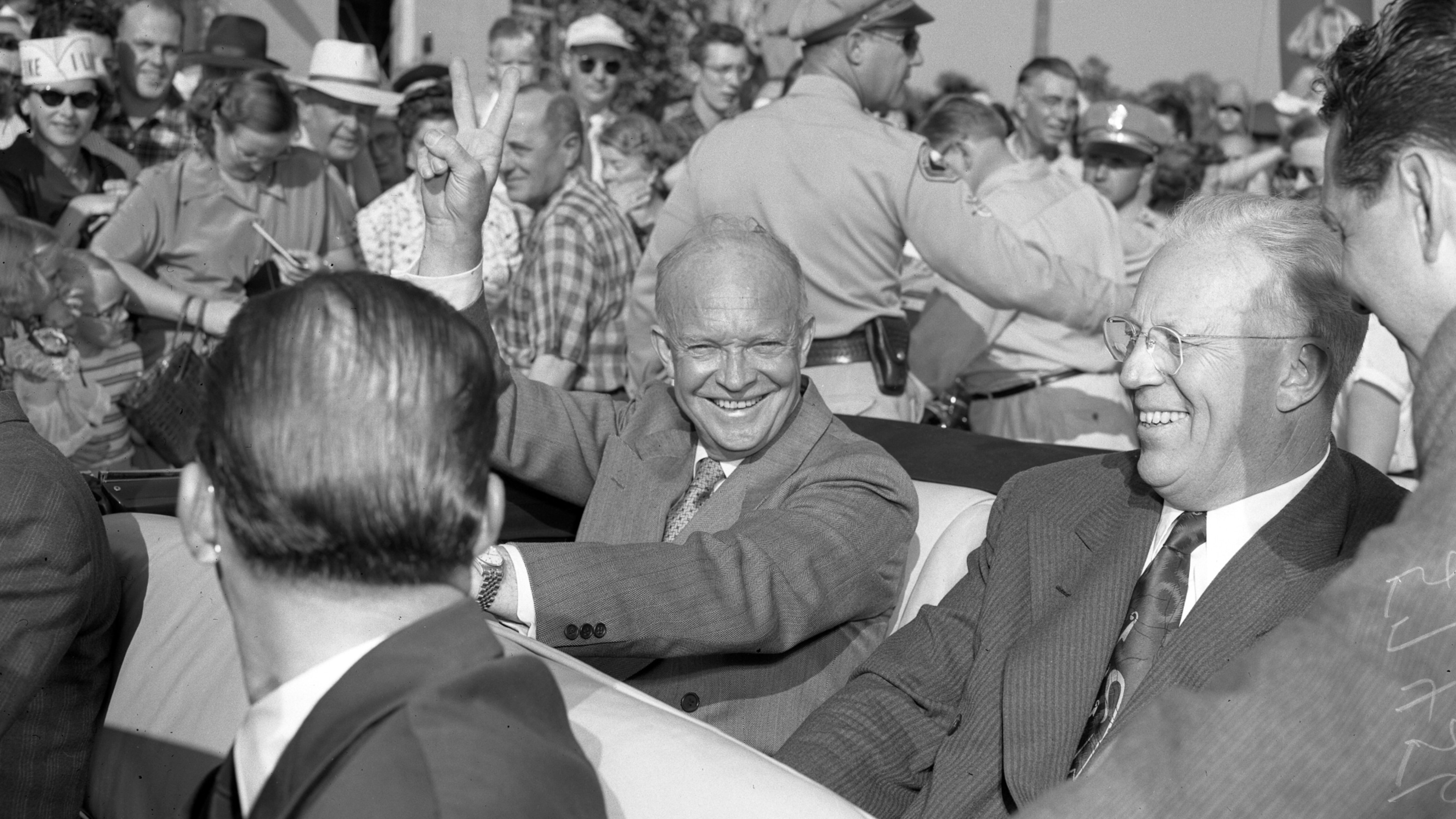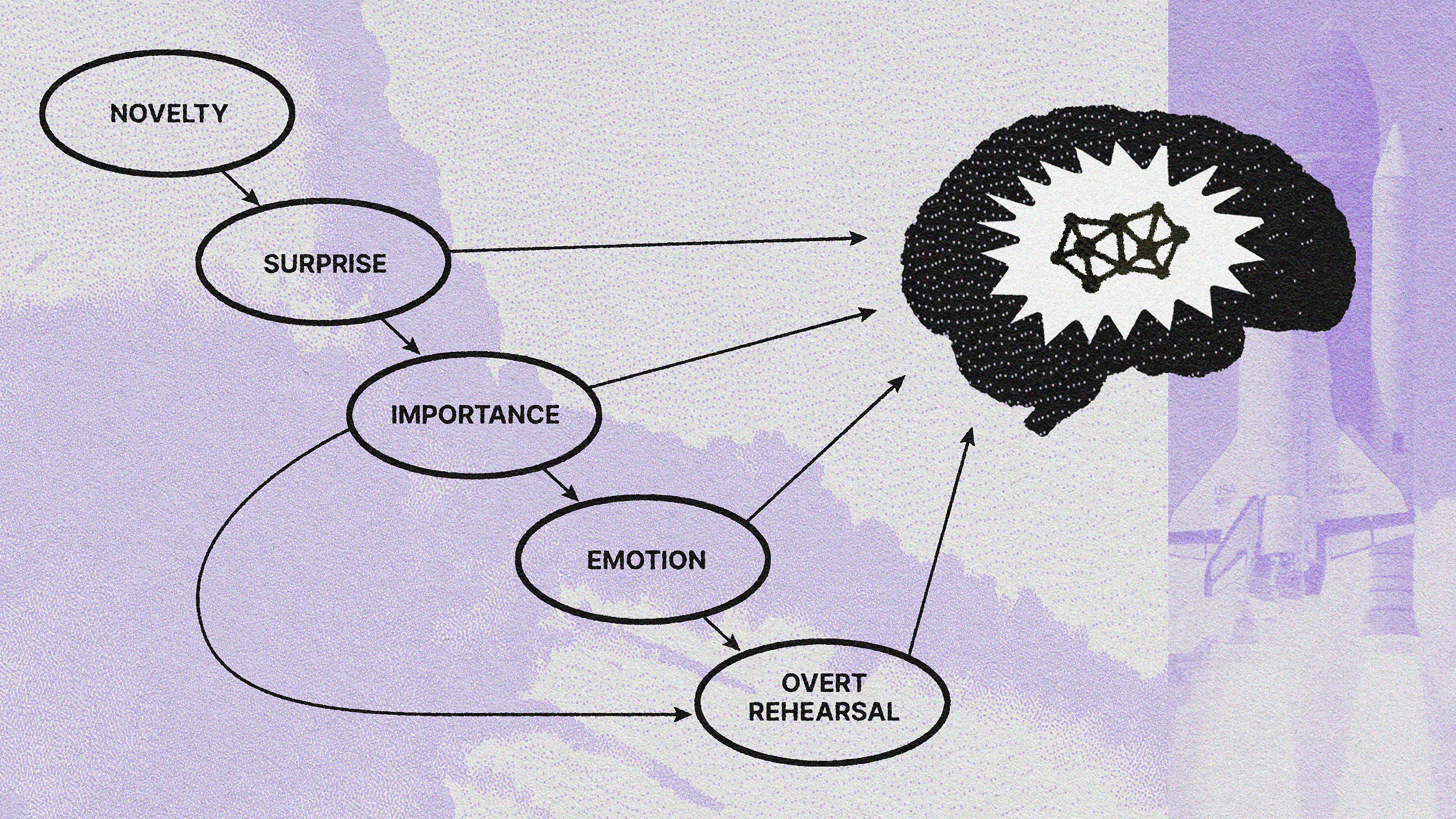Actors show altered brain activity when in character, study finds

Columbia Pictures --- "Taxi Driver"
- Method actors employ an intensive approach to acting that involves staying in character for long periods of time.
- The recent study asked trained method actors a variety of hypothetical questions under four different scenarios.
- The results showed changes in brain activity depending on whether actors were in and out of character, including alterations to activity in the prefontal cortex — a key region in terms of self-awareness.
Method actors famously blur the lines between their everyday personalities and the characters they inhabit. Al Pacino, for instance, suffered an eye injury after stumbling into a bush while portraying a blind veteran during the filming of Scent of a Woman.
“You don’t focus your eyes. And what happens is, you just go into a state,” the actor once told Larry King.
So, what’s happening in actors’ brains when they inhabit a character? New research — published in Royal Society Open Science on March 13 — explored that question by using MRIs to observe changes in method actors’ brain activity when they were asked to respond to hypothetical scenarios. All of the actors had been trained to portray either Romeo or Juliet, and had “no history of neurological disorders, psychiatric illness, alcohol or substance abuse, and were not taking psychotropic medications.”
The actors were asked to think about how they’d respond to various questions related to intentions and motivations — such as “Would you go to a party you were not invited to?” and “Would you tell your parents if you fell in love?” — under four different scenarios:
- From their own perspective
- From a friend’s perspective (of the same gender)
- From Romeo or Juliet’s perspective
- From their own perspective, but with a different accent
The actors showed decreased brain activity in part of the prefrontal cortex (a critical region in terms of self-awareness) when asked to consider the questions from a third-person perspective — that of a friend. Interestingly, the participants showed similar activity changes when they inhabited the role of Romeo or Juliet.
“This might suggest that acting, as neurocognitive phenomenon, is a suppression of self-processing,” the researchers wrote.
Another interesting finding among the actors was that merely adopting a different accent — but still responding to questions as themselves — also seemed to cause changes in the prefrontal cortex.
“Perhaps the most surprising finding of the study was that the British accent condition — during which the participants were instructed to maintain their self-identity — showed a similar deactivation pattern vis-à-vis the self that acting did, suggesting that gestural mimicry of even a completely unspecified other has an impact on brain areas involved in self-processing,” the researchers wrote. “This supports the contention of acting theorists that gestural and psychological approaches might be related paths towards achieving the same goal, namely the embodied portrayal of a character. It also lends support to theories of embodied cognition, which argue that a change in gestural expression can influence the way that people think and the emotions that they feel.”
Does this mean that acting is all about suppressing the self and becoming a wholly different persona? Maybe not, according to Professor Philip Davis, the director of the Centre for Research into Reading, Literature and Society at the University of Liverpool.
“This [research] suggests you cut off self, and you do something else — you deactivate self,” he told The Guardian. “But actually, [actors] also use parts of self that they otherwise wouldn’t use.”






